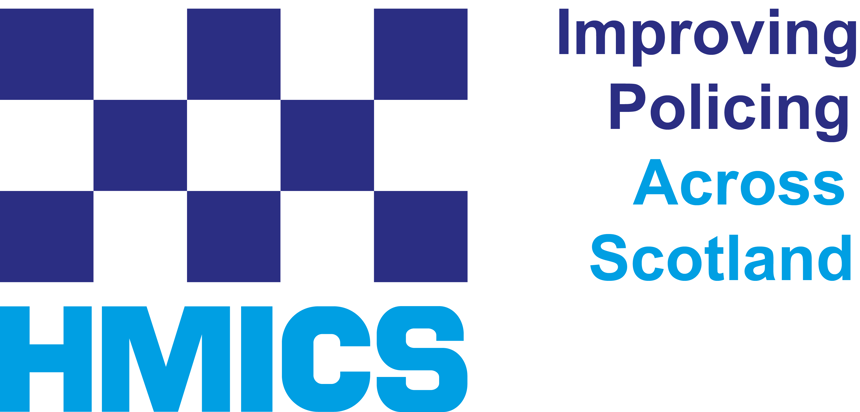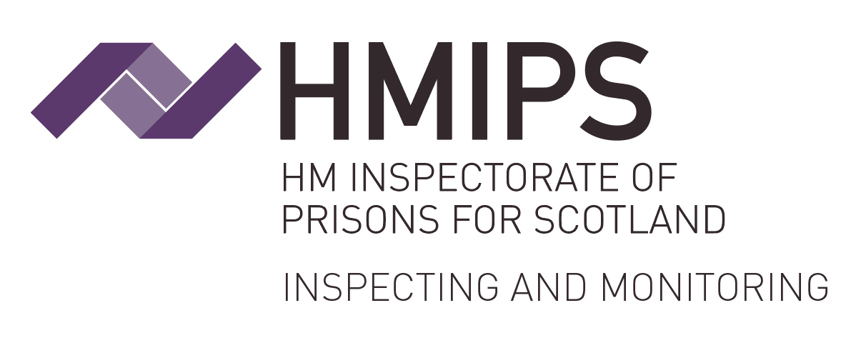It highlighted that diversion from prosecution, designed to address the underlying causes of offending behaviour, was well-established as an effective intervention for those aged under 18, but that more could be done to promote confidence in its use for adults.
The Joint Review of Diversion from Prosecution aimed to assess the operation and impact of diversion from prosecution in Scotland.
To reflect the importance of partnership working in this area of community justice, it was carried out jointly by HM Inspectorate of Prosecution in Scotland (IPS), HM Inspectorate of Constabulary in Scotland (HMICS); the Care Inspectorate (CI) and HM Inspectorate of Prisons for Scotland (HMIPS).
It looked at how the practice of diversion worked from a policing, prosecution and justice social work perspective and explored barriers to its more effective use, identified a number of areas for improvement and made 34 recommendations for the agencies involved in diversion and the Scottish Government.
Ms Laura Paton, HM Chief Inspector of Prosecution, said: “The recommendations we made are intended to support the diversion partner agencies to continue to plan and deliver diversion services more effectively, manage diversion efficiently across agencies, and to maximise diversion while maintaining confidence in its use as an appropriate response to offending behaviour.
“In recent times there has been greater focus on community justice and early intervention to address the underlying causes of offending. This is to be welcomed, along with plans to further optimise the use of diversion.
“By its very nature, diversion from prosecution is focused on the accused person and among the improvements we would like to see is better communication with complainers.”
Many people accused of an offence require support for issues such as mental health or substance use difficulties, and diversion from prosecution offers an opportunity for the swift delivery of bespoke, person centred support tailored to their needs.
HM Chief Inspector of Constabulary, Mr Craig Naylor, said: “The first step in the diversion journey lies with Police Scotland and early identification of the underlying causes of the offending behaviour can help the person avoid being drawn further into the criminal justice system, reduce or prevent further offending – all to the benefit of the individual, victims and communities.
“Therefore, it is crucial there is increased awareness of it within Police Scotland and that the information submitted by the police to prosecutors is comprehensive and detailed to assist in their decision making.”
People diverted from prosecution who were consulted as part of the review were overwhelmingly positive about the experience, saying it helped them to make meaningful changes in their lives. In a sample of cases reviewed, 90% of people who commenced diversion successfully completed it.
Ms Paton added: “There have been commendable efforts from a range of agencies at national and local level to encourage greater use of diversion, to work in partnership and to deliver effective interventions. It is crucial the processes for managing diversion across agencies are as effective and efficient as possible.
“While it is a voluntary process, we believe more can be done to encourage people to take up an offer of diversion. Increased take-up will inevitably put further demands on services and this needs to be addressed.”
The recommendations for the Scottish Government, Police Scotland, Crown Office and Procurator Fiscal Service and local authority justice social work related to training, gaps in awareness of diversion from prosecution, consistency and delays in processes, variations in practice across the country and access to services.




